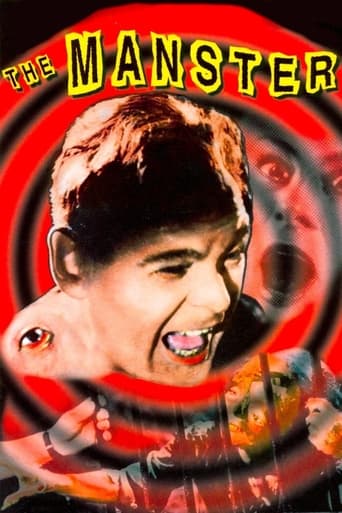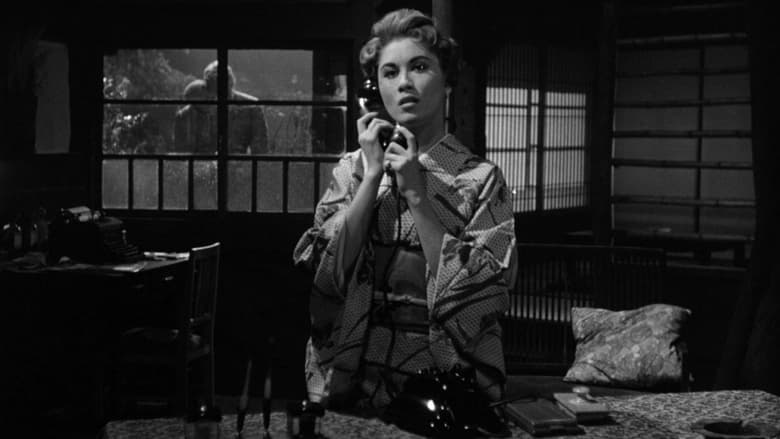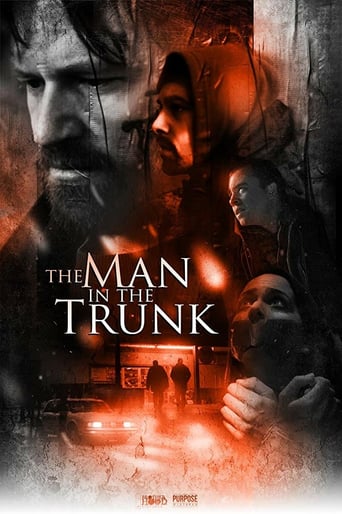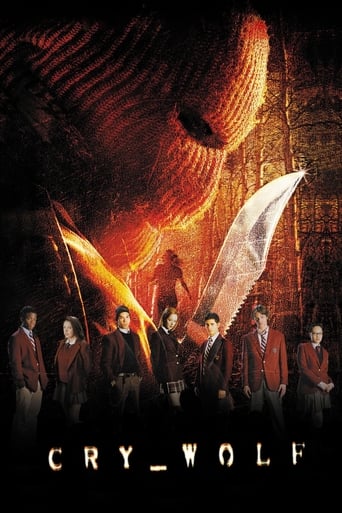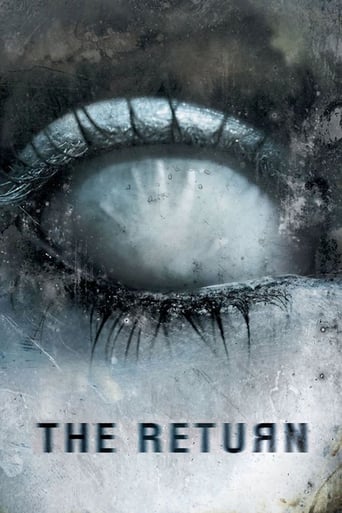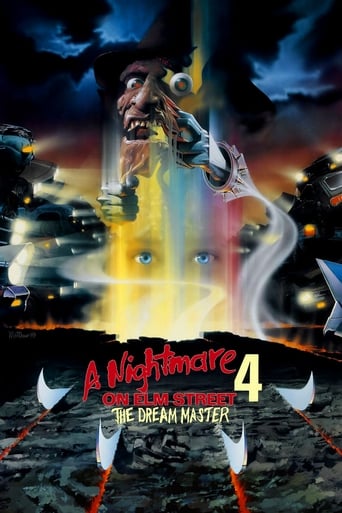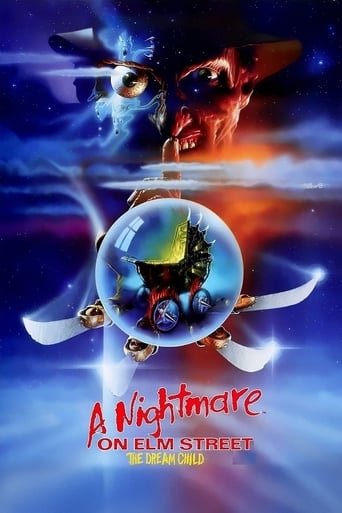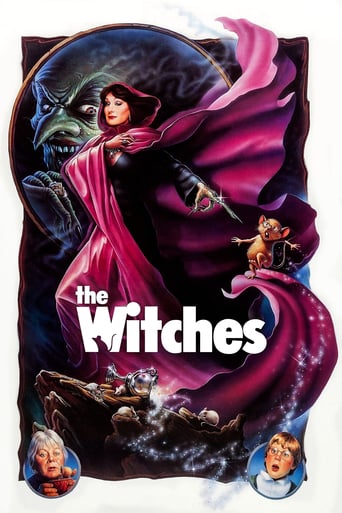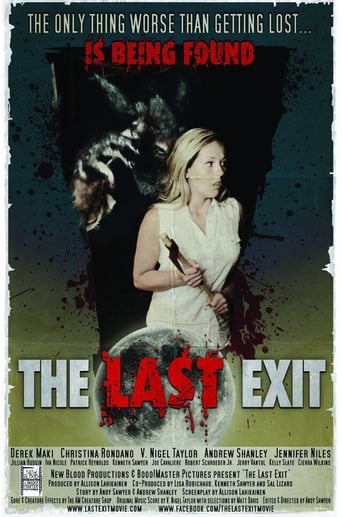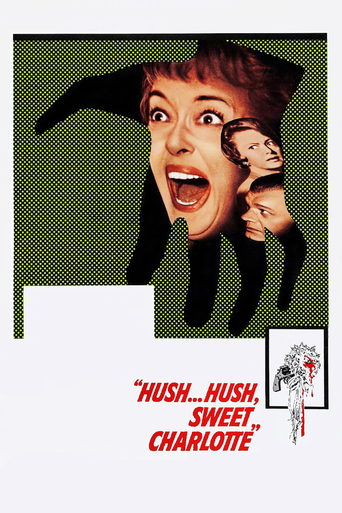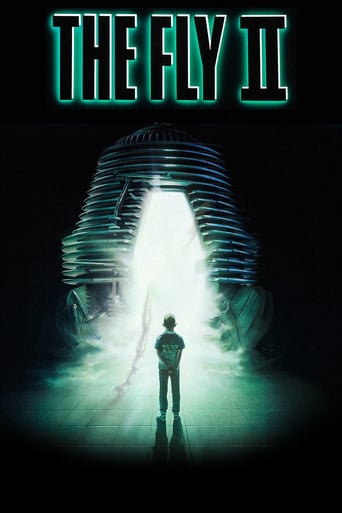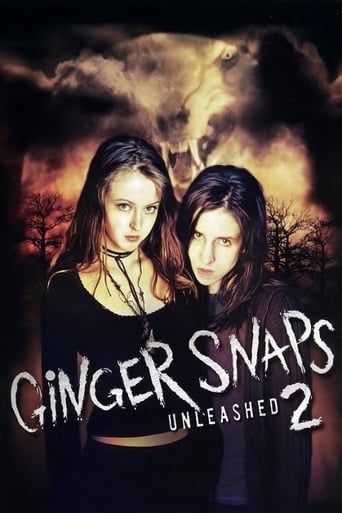The Manster (1962)
A reporter is sent to interview a scientist working in his mountain laboratory.
Watch Trailer
Cast


Similar titles
Reviews
The late Bill Warren in his classic history of fifties sci-fi 'Keep Watching the Skies!' characteristically astutely observed that "The story of the production of 'The Manster' would almost certainly be more interesting than the film itself." For starters, the leads Peter Dyneley and Jane Hylton (best remembered by me as a kid as respectively the urbane voice of Jeff Tracy in 'Thunderbirds' and as Frank Spencer's anxiety-stricken mother-in-law in 'Some Mothers Do 'Ave 'Em') were both British - Dyneley was raised in Canada and held dual Canadian & British nationality - and were in real life married to each other. I expect they got a nice expenses-paid holiday together in Tokyo out of making this. (Dyneley also spoke the opening narration of the 1963 film version of 'The Day of the Triffids'.) I knew years ago about the famous 'eyeball' shot, and have just been dismayed to have had to sit through 45 minutes of Dyneley shuffling about getting boorishly drunk and attacking people before finally getting to see what all the fuss had been about; and then had to endure another half hour of him shuffling about some more, now with two heads and the Japanese police in pursuit. Jerry Ito is personable and reassuring as the police superintendent, while many before me have commented on how seriously Hot the mysterious Terri Zimmern is as Dr.Suzuki's assistant (or rather accomplice) Tara. I was on the verge of expiring from boredom when finally, minutes from the end, the film suddenly regained my involvement with the genuinely touching farewell between Dr. Suzuki and his deformed wife Emiko, whose sad, drooping left eye generated actual pathos; followed soon afterwards by the spectacular final split which earned the film it's British release title.
Its central plot revolves an obnoxious American journalist Larry Stanford played by Peter Dyneley who travels to Japan to interview scientist Dr. Robert Suzuki played by Tetsu Nakamura. Dr. Suzuki is on the cusp of a great scientific breakthrough and would like to share his discovery, oh so the reporter thinks. I can't help but think the writers for 1986 remake of The Fly must have borrowed generously from this movie's premise. The reporter does not know he will be the subject of Dr. Suzuki's next experiment. He is unwittingly drugged by Dr. Suzuki and injected with a drug that begins a slow and gradual transformation of the reporter's mind and ultimately - his body. Shortly thereafter, his behavior changes, and he gives in to base animal urges like that of a sexual nature as he cheats on his wife Linda played by Jane Hylton with geisha's, known in America as highly trained prostitutes. He gradually becomes violent, killing in the night as he roams the darken alleys and streets of Tokyo Japan, his victims typically are women, but it is not a theme, maybe women in 1959 Japan worked late at night are the opportune prey. The story gets creepier as the transformation turns him more into a horrific beast. The authorities begin to search for a killer they have no clue is a real monster lurking about. The movie succeeds in achieving its goal by being a really creepy Sci Fi horror flick with a gloomy tone and eerie soundtrack. Manster is a Good Friday night entertainment experience for the sci-fi horror crowd. Central Plot: After being secretly given an injection by Dr. Suzuki Larry returns to Tokyo and plans on going back to New York City in a few days to be reunited with his wife Linda. However, Dr. Suzuki knows he cannot let him leave Japan as he must observe the effects of the transformation drug so he meets up with Larry suggesting they explore some of Japan's hidden pleasures, Larry is excited and lets the Dr. take him out at night; Dr. Suzuki starts pampering his test subject. The Dr. shows him the seedy red-light side of Japan he's never seen before. He takes Larry to a whorehouse where he gets drunk on sake and messes around with some of the geisha. The pampering continues with a trip to a hot springs hotel. Dr. Suzuki's personal assistant the sensual and sexy Tara - Terri Zimmerman is brought along for the occasion, it seems Dr. Suzuki has used her in this capacity before, and soon Larry finds himself falling in love with her. She begins to feel sorry for what will become of Larry and complains to Dr. Suzuki though he reminds her that she knows all about his experiments and is the sole reason he rescued her from the poverty stricken life she once knew. Unfortunately, the romantics that develop between Tara and Larry are not developed further in this movie. In addition, Terri Zimmerman who plays Tara has special charisma with the camera and it is a wonder her career never excelled after this performance. As the drug begins to take hold of Larry he seeps into a drunken, sex addicted craze and when his boss notices and tries to get him help he rejects the notion of going back to New York. With the help of his Boss Ian Matthews his wife arrives in Tokyo only to discover her husband is now a mean drunken verbally abusive scum. He gets busted by his wife and boss bringing Tara into his hotel room and exclaims to his wife he wants to be with Tara. Linda doesn't give up on her marriage and sticks around. The story intensifies as Larry starts to exhibit strange physical changes more interesting in the same or similar fashion in The Fly 1986 transformation occurs. He starts to lose the feeling in his hand, begins having black outs, starts having unexplained pains in his right shoulder, which soon begins to grow into some sort of bulge, lump. At night he roams the streets and alleyways. During one late night excursion he goes to a Buddhist temple and murders a priest. The following night several women turn up dead. Larry doesn't remember anything later. He continues to roam the streets murdering others. One of the creepiest scenes is when an eyeball forms on his shoulder, and then an entire head pops out! Dr. Suzuki is hoping he'll eventually split into two different beings. After Larry murders a psychiatrist his boss tried to hook him with, the police superintendent Jerry Ito organizes his forces and a city-wide manhunt ensues. Larry ends up heading back to Dr. Suzuki's lab for the big finale. Noteworthy Mentions Title Manster the title is stupid and immediately lessens the quality. In conclusion For the true SciFi Horror buff, this is a must see, I recommend watching it at least 3X, yes! Each time you will see something different that you may have not paid closer attention too. Sexuality is often woven into scenes cleverly and the Scientist female assistant Tara exudes a sexual tension without over acting; the drama is not Oscar worthy, but it doesn't need to be. The physical transformation looks like it was made in 1959, oh yea! There are references to alcohol, drug and sex addiction as a result of the reporter's unfortunate circumstances which gives some depth to the light weight story line and plot. There are similarities to the transformation occurrences of another erstwhile anti-hero played by Jeff Goldblum in 1986's The Fly. The movie is light but entertaining and on a scale of 1 to 10, I give this a 6.75!
This was an excellent film and it really surprised me that it was included in my cheapo Mill Creek 50-pack, 'Nightmare Worlds'. The pair that played the married couple in the film were actually married in real life, and the actor who played the evil Japanese mad scientist was born, like me, Canadian. This would have scored higher for me had the mutation not given Larry a second head--they needn't have overdone it there. This was made very suspenseful, with nourish undertones, and it was a greatly enjoyable alternate take on the Jekyll and Hyde story, complete with allusions to: a) The power of alcohol in transforming one's personality and morality; b) how difficult it is in one's life to be faithful and monogamous, when life has more than its share of temptations.; and c) The power of both unconditional love in both friends and one's spouse.This certainly deserves a better rating than it tends to get in cinephilic circles, and I wholeheartedly recommend it to any fans of the genre.
A Japanese scientist named Dr. Suzuki is doing human experiments on "volunteers"- mostly from his family- in attempt to chemically recreate the conditions that will precipitate an evolutionary mutation...then keeps them locked up in his lab when they become mutant freaks or monsters. He even kills and burns his own brother- a yeti looking thing- after he escapes one night.When Larry, an American foreign correspondent, comes to investigate the Doctor's work, he gets drugged. While he is passed out, the Doctor injects him with an enzyme that will cause him to mutate, both physically and psychologically- changing him into a psychopathic "manster".His hand first turns into a monster hand, and he starts to get the overwhelming urge to kill people.After murdering a monk, Larry starts to go crazy. He leaves his wife, stops working and starts acting all erratic. This makes his editor suspicious- especially after he sees Larry with a set of Buddhist prayer beads.After randomly murdering a few more people, things get progressively worse for Larry. An eye starts to form on his shoulder. And this soon sprouts into a second beastial head.Monster Larry is now forced to go on the lam, with the cops chasing him- and that's pretty much how the rest of the movie goes. The film inevitably concludes with a final rager and showdown, with a slight twist.In the end, I was personally left with one question: how come every mother*cker in Tokyo- other than whores and beat cops- is f*cking white!? You'd think Japan was an American imperialized colony based on watching this film!!! The film is nicely shot- particularly that last scene with the volcano smoking in the background- and it does touch upon a few interesting concepts. But overall it's a pretty mediocre film (ruined slightly by it's moralistic explanatory endnote). I mean, the whole thing makes the Japanese look like monsters or idiots worthy of death. While the Americans act like they are their saviours- taking a position of moral authority (both thematically, and in the work-related positions they hold), and using that to dominate their Japanese inferiors.This film is most notable for the homage it receives from Sam Raimi in Army of Darkness- when Ash gets an eye on his shoulder; Evil Ash's head pops out and the two eventually split apart. 4 out of 10.

